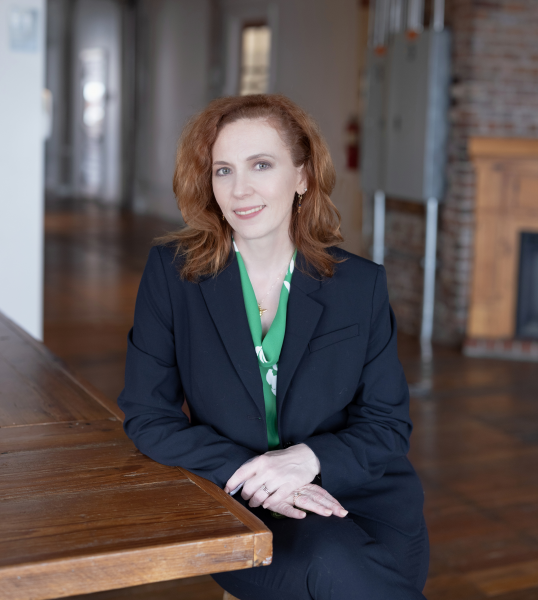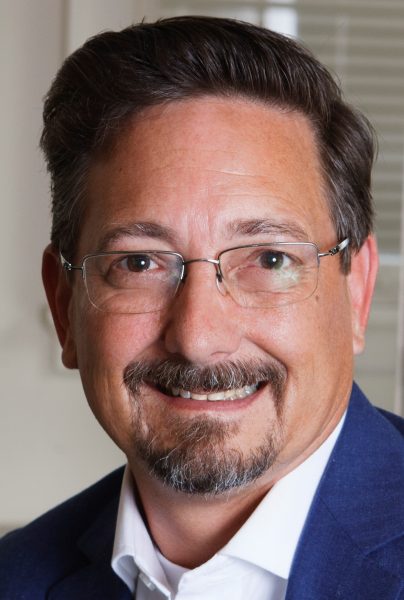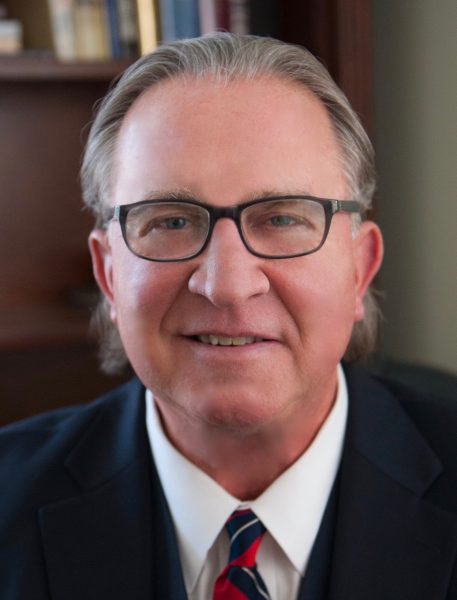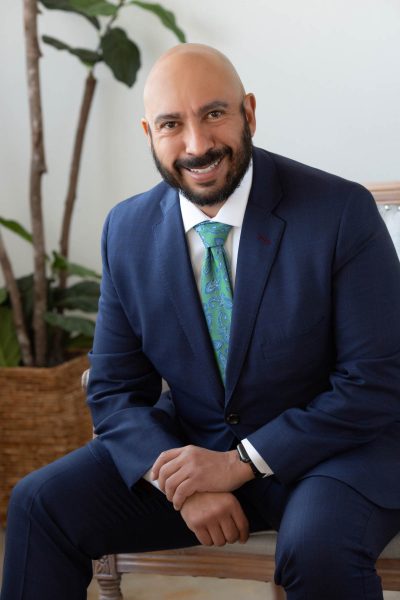Results For Articles or Consultants
Expert Witness - Litigation Support
Mr. Bushnell is a Certified Public Accountant with over 20 years of experience providing Forensic Accounting services through national and global professional services firms. Know as the “numbers guy” his professional expertise covers Business Interruption Claims, Economic Damage Analysis, and Fraud Investigations. Mr. Bushnell has advised clients in mediation, arbitration and appraisal as a third…
•Wrongful Designation by Thomas M. Braniff, JD, CPCU and Robert P. Gaddis, JD;
•The Essential Bookshelf for Expert Witnesses by Kevin Quinley, CPCU, ARM, AIC;
•The 411 on Becoming an Expert Witnesses by Elise M. Farnham, CPCU, ARM, AIM, CPIW;
•Working as an Expert Witnesses by Douglas R. Emerick; and
•“Be Careful What You DON’T Ask For” By Bill Wilson, CPCU, ARM, AIM, AAM.
Preparing business interruption claims takes thoughtful planning and insightful
analysis, clearly communicated to all of the parties involved in the claims process. One
of the most important factors is the breadth and depth of analyzing relevant financial
information related to interrupted business operations. Although this may seem like an
intuitive step, there is often a gap between the internally prepared financial information
and the analysis to determine lost profits. Application of due diligence results in a
smooth claim process, quicker payment from the insurer and a fair and equitable
recovery.
“Lawyers are advocates, and as such try to paint the best picture of the facts for their clients. It’s a good strategy in front of a jury or arbitrator, but not with an expert. The non-confidential information about the case that the other side is going to learn anyway should not be kept from an expert. Otherwise, a strongly favorable expert opinion can tumble like a house of cards on crossexamination.
It can ruin your whole day, not to mention the case. Sometimes, your expert can do you an immense favor (if hired early) by identifying a truly hopeless case—one that should be settled before the other side realizes just how good their case is. But he or she can only do that with an accurate knowledge of the facts.
A caveat: the attorney’s opinions about the case and confidential communications with the client should not be given to an expert, or they may become discoverable. There are ways to get damaging information to an expert without breaching the attorney‐client or work‐product privileges”





